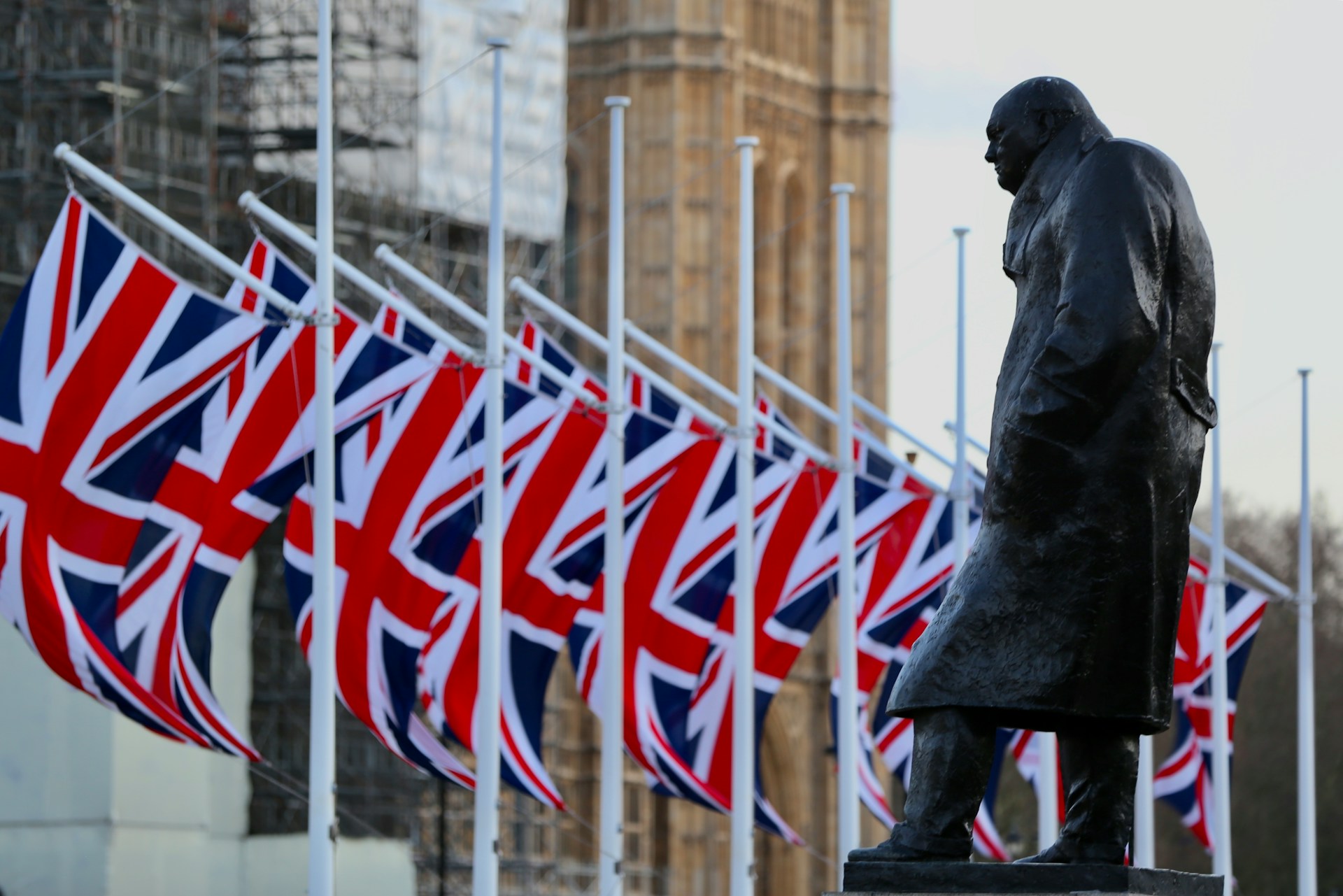The regional body at the forefront of the Caribbean’s push for slavery reparations is preparing for its first official mission to the United Kingdom, a visit leaders describe as a pivotal moment in the campaign for historical redress. From Nov. 17 to Nov. 20, representatives from the Caricom Reparations Commission (CRC) will hold a series of meetings in London with British lawmakers, Caribbean diplomats, academics, and civil society organizations.
As reported by The Guardian, the trip, organized alongside the Institute of Commonwealth Studies, aims to deepen international partnerships and broaden public understanding of the Caribbean’s demands for justice tied to centuries of enslavement and colonial rule.
Dr. Hilary Brown, a member of the delegation and Caricom’s program manager for culture and community development, called the visit “historic,” emphasizing its dual goal of education and advocacy. “The Caricom Reparations Commission advocacy visit to the UK is historic, as it is the first of what we anticipate will be a series of engagements to raise consciousness and awareness, correct misconceptions about the reparations movement and build strategic partnerships to take this critical agenda to right historical wrongs forward,” she said.
Between the 15th and 19th centuries, European powers forcibly transported more than 12.5 million Africans into slavery. For Caribbean governments, that history remains inseparable from modern-day inequalities, fueling demands for formal apologies and tangible forms of reparative support.
CRC chair Prof. Sir Hilary Beckles, who is leading the six-person delegation, said the visit represents an opportunity to bolster the movement at a global level. “The global reparations movement is entering a new wave of impact, visibility and mobilization,” he noted, stressing that activists and academics in Britain have “a pivotal role to play in amplifying the gains and the message of enlightenment.” Beckles added that the CRC also hopes to express “solidarity and support as together we navigate Windrush and advance the just claim for reparatory justice.”
Reparations debates have intensified in the UK, particularly after the British government last year rejected calls for financial compensation or a formal apology during the Commonwealth leaders’ summit. Prime Minister Keir Starmer acknowledged that the slave trade was “abhorrent,” but argued that nations should prioritize present-day challenges, including climate change.
Even so, Britain later signaled it was open to discussing non-financial forms of redress such as institutional reform and debt relief.
Public opinion is shifting as well. A March poll commissioned by the Repair Campaign found widespread gaps in historical knowledge but growing backing for Caribbean demands: 63% of respondents supported a formal apology, and 40% supported financial reparations.
Caribbean states remain firm in their pursuit of justice, guided by the CRC’s 10-point plan, which calls for measures ranging from apologies to debt cancellation.
At their July summit, Caricom leaders endorsed Jamaica’s petition requesting that King Charles seek legal guidance on whether Britain’s forced transport of Africans constituted a crime against humanity—and whether reparations are owed.
RELATED CONTENT: CARICOM ‘Deeply Concerned’ About Coup Threat in Haiti


